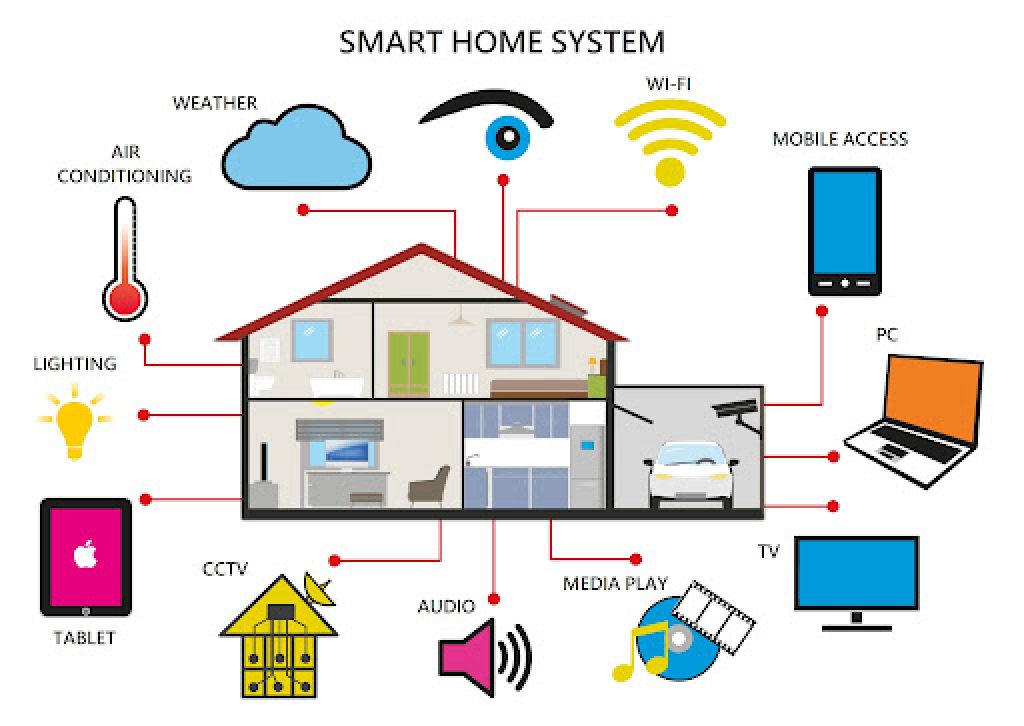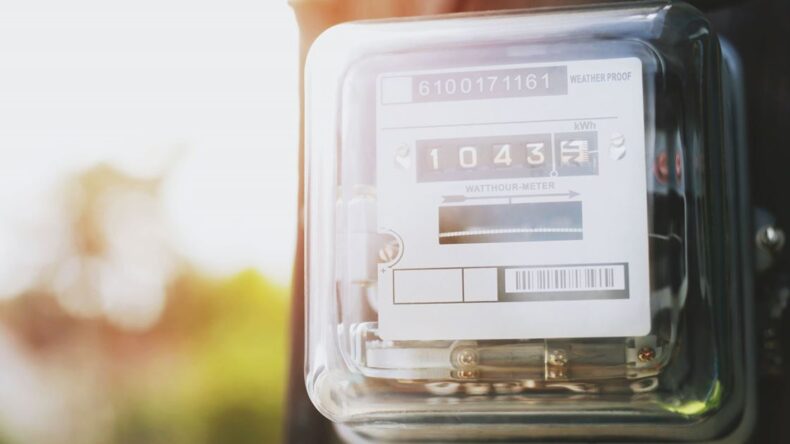kW vs kWh – we are sure you have seen these letters multiple times.
With the fast development of solar panels, lithium batteries, and electric vehicles, terms like kW (kilowatt) and kWh (kilowatt-hour) are seen everywhere. Even so, these terms can be tricky to interpret or understand for those that are unfamiliar with energy-related acronyms.
Worry not, we have crafted this article in such a way to explain the difference between kW vs kWh.
Additionally, we will help you to calculate your own kWh and evaluate your electricity consumption. Finally, we will provide advice on how to identify your most energy-intensive appliances and how you can reduce your overall kWh consumption.
Table of Contents
kW vs kWh – What Is The Difference?
There is a fundamental difference between kW vs kWh.
- kW is a unit that measures power
- kWh is a unit that measures energy
When determining difference between Kilowatt (kW) and kWh (kWh), we have to look into the differences between power and energy.
Power vs Energy – What Is The Difference?
- Energy: the ability to do work
- Power: the rate at which this work occurs
The more power you have, the faster you will be able to do the work or to transfer the energy.
To illustrate this concept, we will use the water bottle analogy. The water inside the bottle represents the quantity of energy, while the size of the cork is the power.
The smaller the cork size is, the slower the content of the bottle will be emptied. On the other hand, a larger cork (more power) will transfer the water faster (fast energy transfer).
kW vs kWh: Solar Panel Example
Solar panels are rated at their maximum power output. You will find small solar panels of 30W up to larger models like the 400W solar panel.
Although the power output of a solar panel is a relevant specification, it might not be the most useful for the end-user. Indeed, the produced solar energy in kWh is the most important as this is what is used by our appliances.
But it is impossible for the manufacturer to indicate this value for their solar panels because your solar energy production is greatly influenced by multiple factors. These include location on the planet, time of the day, season, local shading, and more.
A 400W solar panel in California can produce two times more energy than a solar panel in England.
Luckily, the world bank crafted a tool that calculates the energy in kWh produced per kW of solar panel anywhere on the planet. This map provides you with your potential solar energy production.
How Do You Calculate The Difference Between kW vs kWh?
To get the kWh, just multiply the kW (power) by the time of use (hour) of your appliances, then apply the formula below:
In the chart below, you’ll find the conversion of minutes into hours:
| Minutes | Hour |
|---|---|
| 5 | 0.083 |
| 10 | 0.17 |
| 20 | 0.33 |
| 30 | 0.5 |
| 45 | 0.75 |
| 60 | 1 |
With the formula, you can calculate the energy consumption of any appliance as long as you know their power in Watt or kWatt (1,000 Watts). You can find this information on the label of your appliance.
For example, an electric fan with a power of 100W, plugged in for 5 hours, will use 500Wh of energy or 0.5kWh.
100W * 5 hours = 500W.hours
We recommend you check out this website which lists the power of hundreds of household appliances.
What Is The kW Formula?
As mentioned before, kW is a power unit that equals 1,000 Watts.
Moreover, it is electrical power and you can calculate the kW of any electrical device by multiplying its voltage (Volt) by its current (Amps), use the formula below:
To get this value in kW, just divide by 1,000.
kW Formula: The Solar Panel Example
Let’s consider a 200W solar panel, like the RENOGY 200W, its maximum operating voltage is 22.6V and its maximum output current is 8.85Amps.
If we do the math: 22.6*8.85 = 200W maximum power output
For a solar panel, the operating voltage will mostly remain the same all day. However, its output current will vary depending on the local weather condition and time of the day.
Horse Power And KiloWatt for Electric Vehicles
Horse Power (HP) is a very common unit of power. We have been using it since the late 18th century to rate the power of a car and any fuel engine. However, with the advent of electric vehicles, the kilowatt is becoming the main unit of power.
To calculate the kilowatt from horse power, use the formula below:
How Many kWh Should I Use in A Day?
In the US, on average, a household uses 30kWh per day.
But around the world, there are huge disparities. Below, we have summarized the average kWh use per household in a day for different countries.
| Country | Average daily use (kWh) |
|---|---|
| US | 30 |
| Canada | 19 |
| Australia | 18 |
| France | 13 |
| South Africa | 12 |
| Germany | 9.5 |
| UK | 9 |
| Brazil | 5 |
| Nigeria | 1.6 |
Please note: for a more complete picture check out our dedicated resource page that lists the electricity consumption per capita for all countries.
The discrepancies between each country can be explained by the number of electric appliances per household and by the widespread use of air-conditioning units and electric heaters in some countries.
Why Is My kWh So High?
A high kWh means high consumption of electricity. There are 2 main reasons that may cause this:
- Powerful appliances that run continuously (electric heating, air conditioning unit)
- Inefficient appliances (overloaded refrigerator/freezer)
In the US, on average, an air-conditioning unit consumes more than 7kWh per day. Which is higher than the total daily consumption of a household in Brazil.
In the list below you will find the most powerful appliances, all of them have a rated power exceeding 1kW:
| Appliance | Power |
|---|---|
| Electric heating | 1.5 kW |
| Electric oven | 2 kW |
| Electric stove | 3 kW |
| Air conditioning unit 2HP | 1.5 kW |
| Hair dryer | 1.2 kW |
| Vaccum cleaner | 1 kW |
| Electric water pump 2HP | 1.5 kW |
Please note: the longer you run an appliance the higher its kWh.
How Can I Reduce My kWh?
Domotics, also known as a smart home is the best solution to reduce your kWh consumption.
In a smart home, all your appliances are intelligently controlled and monitored through the use of sensors by software accessible from your phone.

Below are some examples of what a domotic system is capable of when it comes to reducing your electricity consumption:
- Adjust the temperature in each room according to the weather and air humidity.
- Sensing the presence of people in a room and modifying the air-conditioning unit’s cooling speed.
- Send warning messages if it detects an abnormal electricity consumption
- Automatically turn off lights
- Start your appliances during off-peak hours
Moreover, the main advantage of domotics is the efficient use of your appliances for more comfort in your house.
Domotic systems are even accessible to those of you on a lower budget, thanks to the smart electrical plug. This is an adaptor that you plug into your regular wall outlet. The smart plug connects to your wifi router and allows you to monitor and control your appliance.
Final Thoughts
To conclude, here is the most important information regarding kW vs kWh:
- kW measures power
- kWh measures energy
- kWh = kW x time (hour)
- High kWh usage is likely due to powerful appliances that are running for an extended period, such as air-conditioning units — AC units account for 25% of US household electricity consumption
- You can reduce your kWh with domotics or smart home systems

